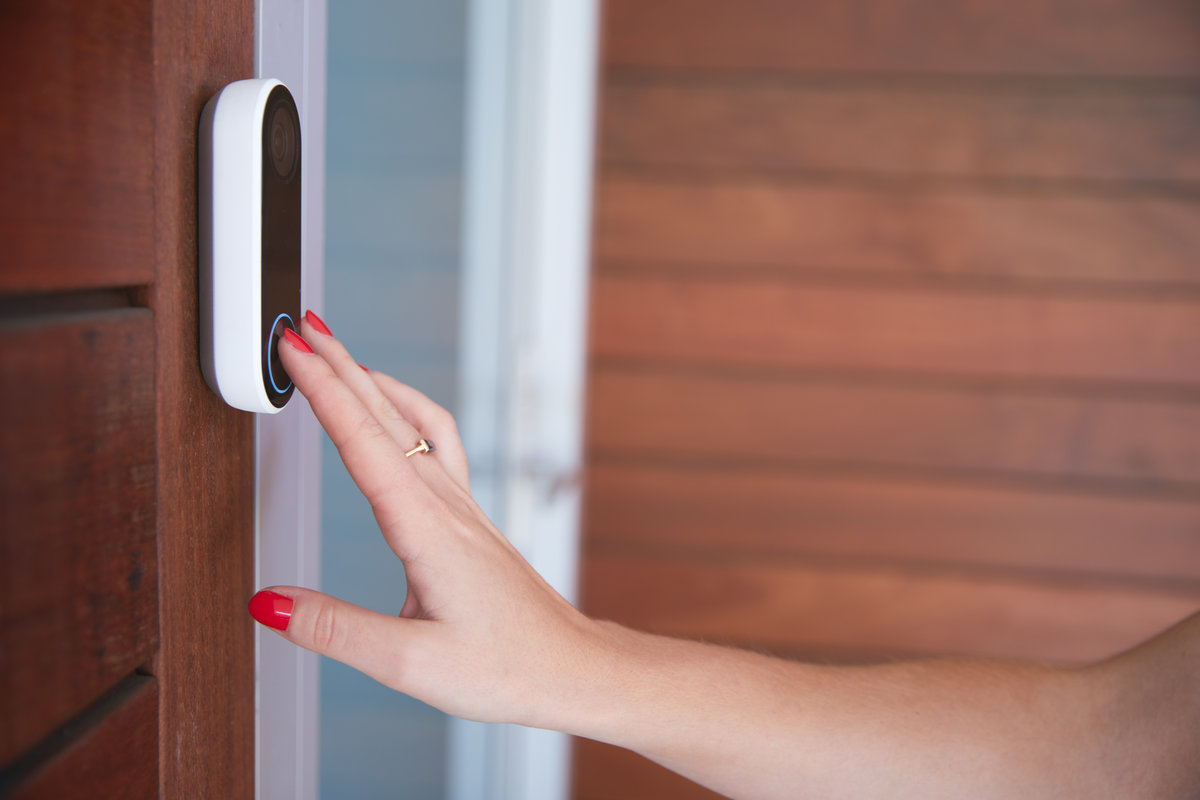Ring Doorbell and Security Camera Footage as Evidence in Colorado Injury Cases
Home security cameras and Ring doorbells have become ubiquitous across Colorado neighborhoods, capturing everything from package deliveries to serious accidents. These devices record millions of hours of footage daily, creating a vast repository of potential evidence for personal injury cases. When accidents occur on or near properties equipped with these cameras, the resulting footage can provide crucial evidence that objectively documents how incidents unfolded, potentially making the difference between winning and losing your case.
Video evidence carries unique persuasive power in Colorado personal injury cases. Unlike witness testimony that relies on memory and interpretation, security camera footage shows actual events as they occurred. However, obtaining and using this footage as evidence requires understanding Colorado’s legal requirements, privacy considerations, and proper authentication procedures.
Why Security Camera Evidence Proves Valuable
Security camera footage provides objective documentation that can corroborate or contradict witness statements about how accidents occurred. In slip and fall cases, doorbell cameras can show exactly what caused you to trip, whether hazardous conditions existed, and how the property owner maintained their walkways. For car accidents near residential areas, footage may capture the moments before impact, showing which driver ran a stop sign or was speeding through the neighborhood.
The high-definition quality of modern security cameras delivers clear images of faces, license plates, and accident details that prove invaluable during investigations. Many devices include night vision capabilities, time stamps that establish precise timelines, and motion-activated recording that captures relevant events automatically. This objective visual record often carries more weight with juries than conflicting verbal accounts from witnesses.
Authentication Requirements Under Colorado Law
Colorado courts require proper authentication before admitting video footage as evidence. Under Colorado Rules of Evidence, attorneys must prove the video accurately depicts the events in question and hasn’t been altered or edited. Authentication doesn’t necessarily require testimony from the person who recorded the video. Any witness with firsthand knowledge of the events can authenticate footage by confirming it accurately shows what happened.
Chain of custody becomes critical for digital evidence. Colorado law requires clear documentation showing who accessed the footage, when they accessed it, and how it was stored from the moment of recording through trial. Breaks in this chain raise questions about authenticity and may result in evidence being excluded. Your attorney must demonstrate the footage wasn’t tampered with or manipulated in any way that might misrepresent what actually occurred.
Acting Quickly to Preserve Video Evidence
Time becomes critical when seeking security camera footage. Many homeowners set their systems to overwrite recordings after specific periods, with some devices storing footage for only 30 to 60 days before deletion. This makes prompt action essential after accidents. If you’re injured near a property with visible security cameras, note the property address immediately and inform your attorney so they can request the footage before it’s lost.
Property owners aren’t automatically required to preserve or provide footage to accident victims. However, once they’re notified of a potential legal claim, they may have a duty to preserve relevant evidence. Your attorney can send preservation letters demanding property owners maintain footage rather than allowing automatic deletion. If owners destroy footage after receiving such notice, courts may impose sanctions or allow juries to draw negative inferences.
Privacy Laws and Public Recording
Colorado law protects privacy in certain situations but doesn’t prohibit recording areas visible from public spaces. Ring doorbells and security cameras typically face public areas like sidewalks, streets, and front yards where people have reduced expectations of privacy. Footage of accidents occurring in these publicly visible areas generally faces few privacy-related challenges when used as evidence.
Colorado Revised Statute §18-7-801 addresses criminal invasion of privacy, prohibiting unauthorized recording of individuals in places where they have reasonable expectations of privacy. However, this typically doesn’t apply to doorbells and exterior cameras recording areas anyone passing by could observe. Courts examine whether recorded individuals were in public view when determining if footage violates privacy rights.
Common Challenges to Video Evidence
Despite its power, security camera footage isn’t automatically admissible. Defense attorneys may challenge video quality, arguing poor resolution, lighting issues, or camera angles make footage unreliable. Technical experts may testify about limitations of specific camera systems, frame rates that miss crucial moments, or digital artifacts that create misleading impressions.
Hearsay issues arise when footage includes audio recordings. Colorado Rules of Evidence treat statements by people not testifying as hearsay, which is generally inadmissible. While visual portions of security footage typically avoid hearsay problems, audio components may require redaction unless specific exceptions apply. Your attorney must navigate these evidentiary rules to ensure maximum admissibility.
Get Help from Mintz Law Firm
Security camera and Ring doorbell footage can provide powerful evidence in Colorado injury cases, but obtaining and properly presenting this evidence requires legal knowledge and quick action. At Mintz Law Firm, our attorneys understand how to identify potential video sources, send proper preservation demands, and authenticate footage for court admissibility. We work with technical experts who can enhance footage quality and provide testimony about what videos show.
Time limits for preserving footage make immediate action critical after accidents. If you’ve been injured and believe security cameras may have captured the incident, contact us immediately so we can take steps to secure this valuable evidence before it’s lost. Contact our team today to schedule a free consultation and learn how we can help build the strongest possible case for your injury claim.

